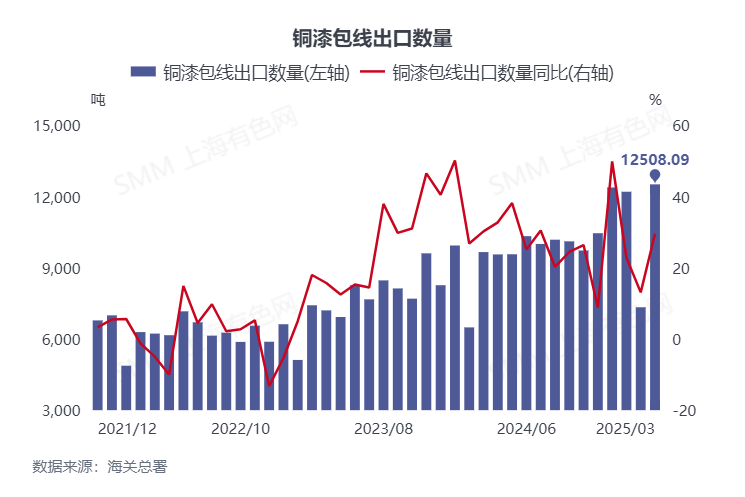In an era of exponential data growth, organizations face challenges in managing vast quantities of information spread across multiple systems. Sampath Kumar Varanasi , an expert in enterprise data management, presents Centralized Masterdata Tools (CMTs) , a transformative solution that enhances data governance, quality, and compliance. These tools are reshaping the data management landscape, improving operational efficiency and driving cost savings.
Organizations are grappling with the rapid increase in data volume and complexity. Enterprise data volumes are growing at a monthly rate of 42.8%, with companies managing vast amounts of data across diverse systems.

The need for better data quality, consistency, and compliance has never been more pressing. CMTs provide a unified solution to these challenges, helping businesses streamline their data management processes. Research shows that implementing CMTs leads to significant improvements in data accuracy, reducing errors and lowering operational costs.
Organizations that adopt CMTs experience a 58.7% reduction in data-related errors and save up to $2.84 million annually through increased efficiency.
This solution provides a vital competitive edge in today’s data-intensive business environment. The central functions of CMTs rely on automating validation and cleansing of data so that high-quality data is ensured across all platforms. The advanced algorithms incorporated into the CMTs process high-volumes input with sužen amounts of manual interventions to ensure a very high possibility of errors typical during entry and processing of the generated output.
Studies indicate that CMT-driven data quality initiatives show a 56.8% reduction in data errors from the initial stages that improve to around 82.3% over a full year.
These tools also cut 62.4% of manual data-cleansing efforts, meaning a significant amount saved and highly accurate data. By consolidating all your master data in a centralized repository, CMTs provide a unique single source of the truth.
This centralized repository directly eliminates internal inconsistencies within systems, largely caused through such data being siloed in different departments. Also, data synchronization across platforms ensures that all systems share and work on the same current information. Studies reveal that CMTs reduce interdepartmental data conflicts by an impressive 71.
2%, thus facilitating accurate, synchronized information maintenance. This is particularly important in complex environments like mobile-and cloud-based application systems, where data sync is more of a challenge. In an increasingly regulated environment, maintaining compliance is crucial for organizations.
CMTs help businesses stay compliant by providing robust data governance frameworks. These tools include automated workflows, real-time monitoring, and comprehensive audit trails, which support organizations in meeting regulatory requirements while reducing the risk of non-compliance. Studies show that CMTs reduce compliance-related incidents by 52.
3% and improve regulatory reporting accuracy by 56.4%. The automation of compliance management processes also leads to significant cost savings and improves audit efficiency, making CMTs indispensable for businesses navigating complex regulatory landscapes.
The introduction of AI automation has revolutionized operational efficiency in data management since AI CMTs help free the labor workforce from mundane and repetitive tasks to let them work on meaningful activities. In automated workflow processes, AI becomes a superstar in data entry and validation, effectively enhancing speed and accuracy across the board in data processing. The research states that an AI-powered workflow secures an accuracy of 95.
7% in comparison to the manual workflow's 82.4%. On an additional note, the CMTs conduct more than 9,500 checks daily, presenting themselves in a paradigm of compressing datacenters evaluation time from 9.
8 days to around 6.4 hours, with an improvement coefficient of 64.7% in problem detection capabilities.
It decreases incidents of operation and boosts active time. As organizations continue to grow, their data management systems must also scale. Increasingly large amounts of data are handled using CMTs without compromising performance.
These tools handle very large amounts of data processing every day to allow businesses to manage their data effectively as their operations expand. CMTs also feature strong integration capabilities, seamlessly integrating with existing systems. Supporting a multitude of data formats and communication protocols means that CMTs can be integrated quickly and effectively, decreasing specialized integrations' development time by 76.
8%. So enterprises adopt CMTs faster and reap enhanced advantages in data management. In conclusion, CMTs are not only revolutionizing the way organizations manage their data but are also offering huge benefits in terms of data quality, consistency, compliance, and operational efficiency.
Core Masterdata Tools automated workflow processes, make use of AI, and consolidate data in a single centralized repository, thus helping organizations to combat increasing complexities stemming from data growth. The insight provided by Sampath Kumar Varanasi thus represents the much larger significance of CMTs, making them indispensable for organizations looking to revamp data management practices, ensure compliance, and concretize their footing in an increasingly data-driven century..
















